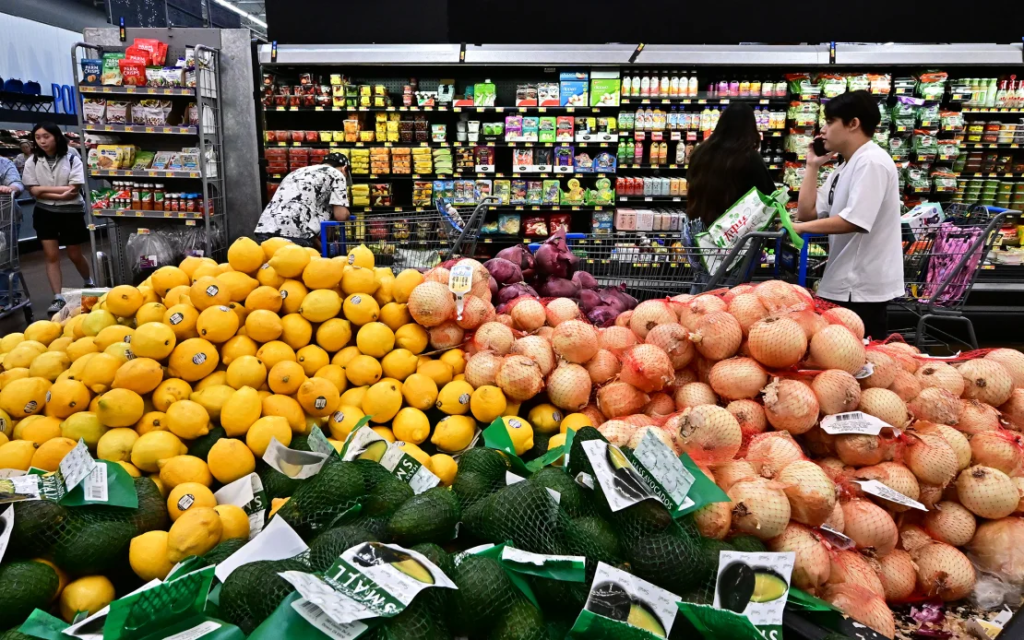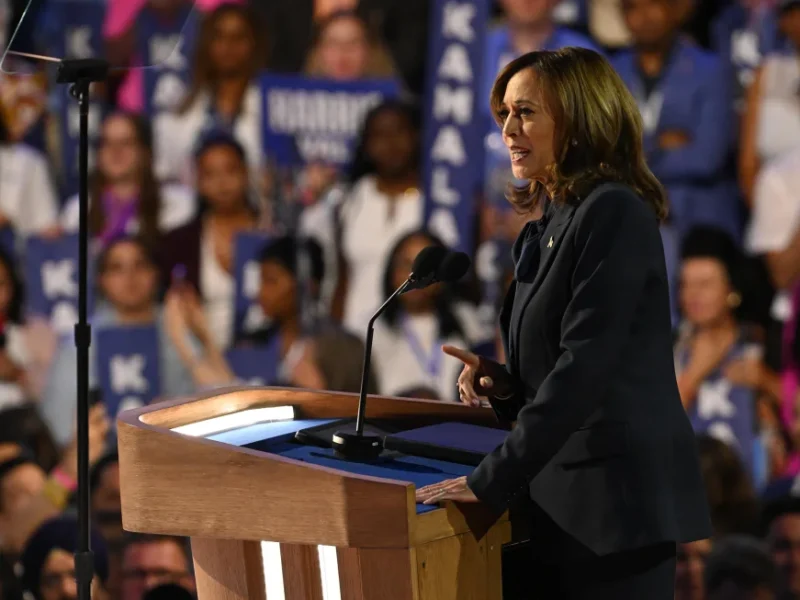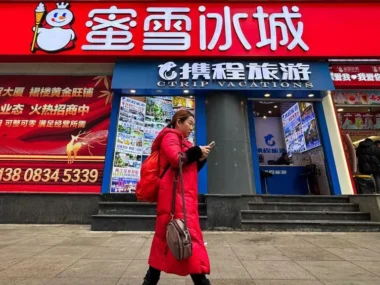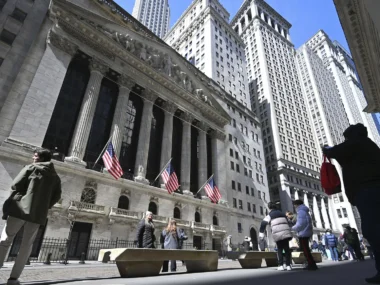Inflation has eased considerably over the past year, to the point where even Federal Reserve Chair Jerome Powell is satisfied with the progress. However, numerous polls indicate that many Americans remain dissatisfied.
This discontent presents a strategic opportunity for Vice President Kamala Harris to adopt a populist stance on economic policy should she become president.
In her recent acceptance speech at the Democratic National Convention, Harris outlined her vision for an “opportunity economy,” promising to foster a competitive environment where everyone has a chance to succeed. She vowed to unite labor, small-business owners, entrepreneurs, and American companies to generate jobs, stimulate economic growth, and reduce the costs of essentials like health care, housing, and groceries.
Harris also sought to distinguish herself from former President Donald Trump, criticizing him for focusing on elite interests.
While her approach may resonate with certain voters, there are uncertainties about whether her proposed economic policies—currently outlined only in speeches and fact sheets, and not detailed on her campaign website—will deliver tangible benefits in the long run. The Harris campaign did not provide further comment.
Housing concessions
One of Harris’ significant economic initiatives includes offering up to $25,000 in down-payment assistance for first-time homebuyers. This measure, along with several of her other economic proposals, would need approval from Congress.
This proposal comes at a time when home prices have reached historic highs, contributing to a drop in the percentage of Americans planning to buy a home in the next six months to its lowest level in over a decade, as reported by the Conference Board’s Consumer Confidence survey for July.
While offering financial help for down payments may seem beneficial, Jaret Seiberg, a policy analyst at TD Ameritrade, highlights potential drawbacks. He argues that the plan might advantage current homeowners rather than new buyers because it could drive up demand without addressing the housing supply. Increased demand with limited supply could lead to even higher home prices, as noted in Seiberg’s analysis following Harris’ campaign speech in North Carolina.

With prices at record highs, many Americans are putting off purchasing a home
Seiberg also pointed out that these programs often yield minimal benefits relative to their high costs.
The nonpartisan Committee for a Responsible Federal Budget estimates that Harris’ proposed first-time homebuyer credit, which would last four years and cover up to 4 million buyers, could increase the federal deficit by at least $100 billion over the next decade.
Addressing high food prices
Harris has proposed measures to address rising food prices by introducing new legislation to limit the ability of food manufacturers and grocery stores to increase their prices. This initiative comes in response to a more than 20% increase in grocery costs since she and President Joe Biden took office. However, food price pressures have been easing, with a 1.1% increase over the 12 months ending in July, down from a peak of over 13% in 2022.
Her plan includes imposing “new penalties on companies that take advantage of crises and violate regulations,” as she outlined in a campaign speech on August 16.
Many economists, including Jason Furman, a former top economist under the Obama administration, have criticized this policy. They argue that it could potentially create more issues than it resolves.

Grocery prices are increasing at a slower rate compared to recent years, but overall, Americans are still spending significantly more than they did before the pandemic.
Initially, this could result in product shortages if businesses reduce their market offerings due to lower profit margins or if consumers buy more than usual in the absence of price controls.
Furman expressed skepticism in a recent New York Times interview, stating, “This is not sensible policy, and my main hope is that it remains largely rhetorical and doesn’t translate into reality. There’s no benefit, and there are potential drawbacks.”
He also mentioned in a CNBC interview this week that “both political parties have too much populism” and there is “insufficient acknowledgment” of the positive impact businesses have made on the economy.
Tips are not subject to taxation.
In an effort to attract voters in the service and hospitality sectors—many of whom reside in Nevada, a pivotal swing state—Trump proposed removing taxes on tips. This idea was later echoed by Harris. Erica York, a senior economist at the Tax Foundation, criticized this proposal as “good politics, but bad policy,” highlighting that it could create complexity and be unfair to workers outside the small group who would benefit.
Eliminating federal taxes on tips could significantly impact the federal budget deficit, with the extent of the effect depending on the specifics of the legislation. According to the Tax Foundation, exempting tips from federal income taxes might reduce revenue by at least $107 billion over a decade.
Trump is also embracing populist strategies.
Similar to Harris, Trump is embracing populist policies despite substantial criticism from economists. Beyond his proposal to eliminate taxes on tips, he is also pushing to end taxes on Social Security for seniors. This move could potentially accelerate the depletion of Social Security and Medicare trust funds, negatively impacting seniors.
Trump has also suggested implementing significant tariffs, including a 60% duty on Chinese imports, aiming to bolster the American workforce. Economists caution that such high tariffs could lead to increased inflation or even trigger a recession.
While Harris has criticized Trump’s policies, she has not provided extensive details on her stance regarding tariffs. Biden has maintained some of Trump’s tariffs on Chinese goods and has hinted at possibly introducing additional tariffs.











